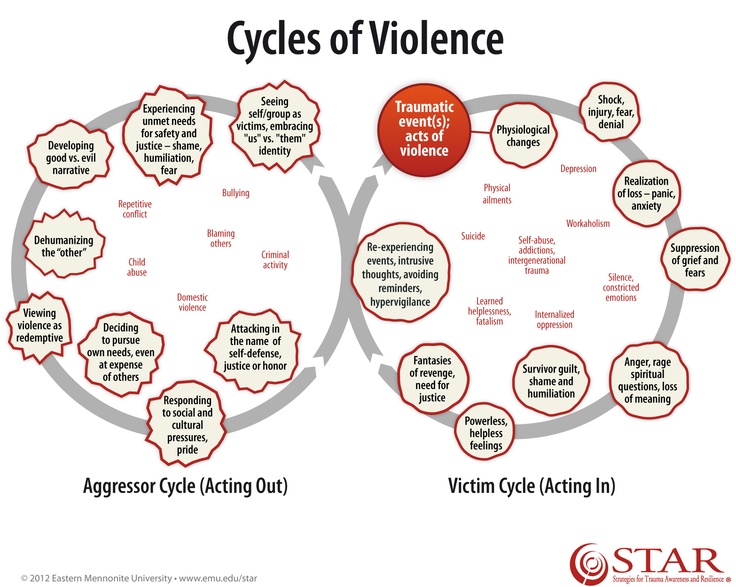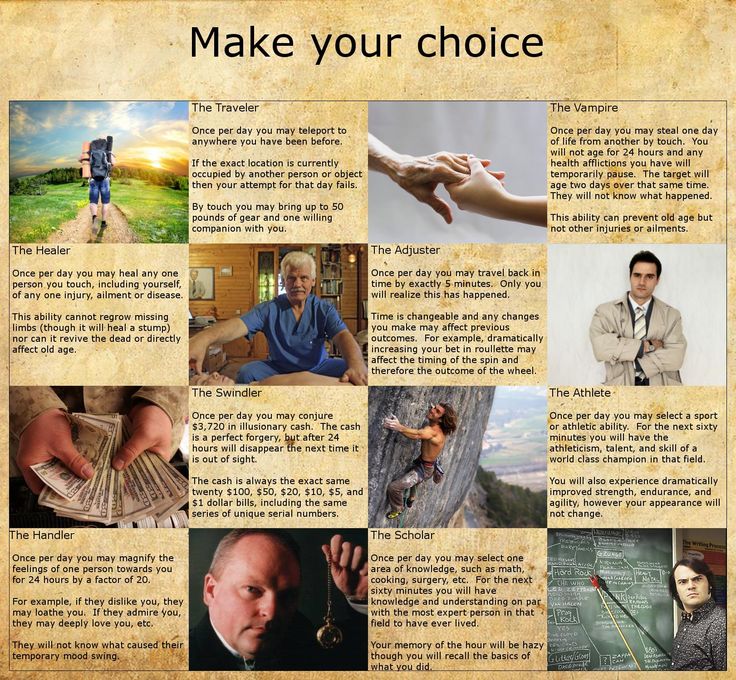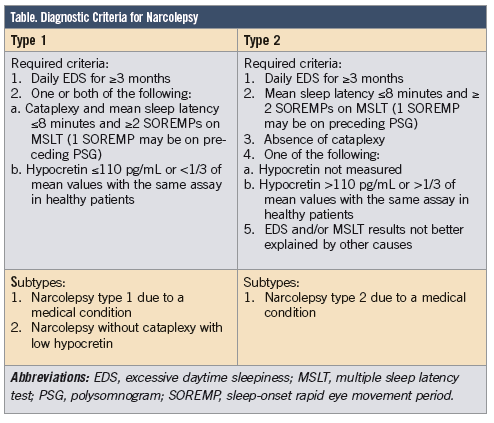Relationships and religion
How Religion Works For (or Against) Your Marriage
For centuries, people have debated the definition of religion. But in the mid-2000s, several researchers finally agreed that there are three elements of religion to study. These are beliefs, practices, and community.1Religious beliefs are personal values. They include searching for answers to spiritual questions in life.2-3Religious practices are rituals, symbols, and actions. Prayer and worship services are examples.3-4 Religious communities are organized bodies of people or denominations that bring believers together.2-3 All three parts of religion are important to individuals and families. While 23 percent of American adults do not rate religion as being important in their lives, 77 percent think of religion as being “somewhat important” or “very important” in their lives.
5 Since religion is important to so many people, it is crucial to understand how religion can affect what is considered one of the most significant and long-lasting relationships:marriage. 6
Religion can act as a protective factor helping married couples to be more resilient. Religion can affect how married couples think about and react to stressful situations. Thinking about and coping with stress is a process that couples go through simultaneously.7 The way one spouse reacts to stress can affect the way the other spouse manages stress. Those individual choices also affect how the relationship adapts. If spouses use a basis of similar values to cope, they usually communicate better.
Healthy communication protects families. Each individual spouse and the couple benefit from good communication.8 Religion plays a role in the way couples cope with and think about stressful events.9 If couples use their religious values, they find more compatible ways to talk about and manage stress. They are also more likely to build a stronger and more resilient relationship. However, when religious beliefs differ or are applied in damaging ways, religion can become a negative influence in couples’ relationships. Religion can help couples meet the stress of mental health challenges, marital conflict, and infidelity.
Religion can help couples meet the stress of mental health challenges, marital conflict, and infidelity.
Religion Helps Married Couples Deal With Depression
Mental illness can be a major stress in marriage. Depression, also known as major depressive disorder, is one such illness. Close to 21% of adults struggle with major depressive disorder at some point in their life.10 People with depression often feel sad for weeks at a time and don’t enjoy doing things that they used to do,3 which affects their relationships. Depression can change the way a person thinks about their marriage. Sadly, depression is related to a spouse being disappointed with their marriage.6 There are multiple theories that explain the relationship between marital problems and depressive symptoms.6
The interpersonal theory of depression suggests that mentally healthy spouses can become frustrated when they have to support and reassure their mentally ill partner for a long time. 6 Often, mentally ill partners spend a lot of time worrying that they are not enough and that they will not be taken care of. When they constantly and excessively share this worry with their spouse, strain can occur.11 The mentally healthy spouse can then become resistant to their partner. The strain impacts their ability to cope positively.12 If both spouses continue this downward cycle, the couple may need to find resources to cope with the mental illness in a more resilient and unified way.12
6 Often, mentally ill partners spend a lot of time worrying that they are not enough and that they will not be taken care of. When they constantly and excessively share this worry with their spouse, strain can occur.11 The mentally healthy spouse can then become resistant to their partner. The strain impacts their ability to cope positively.12 If both spouses continue this downward cycle, the couple may need to find resources to cope with the mental illness in a more resilient and unified way.12
The stress generation model of depression states that individuals with depression often make things worse for themselves by creating stressful circumstances. These new stressors can, in turn, contribute to the person’s deepening depression.13 In a marriage relationship, spouses with depression can put more strain on their marriage by creating more symptoms of stress in their life and their partner’s life. This tends to keep the hold of depression strong in their own life.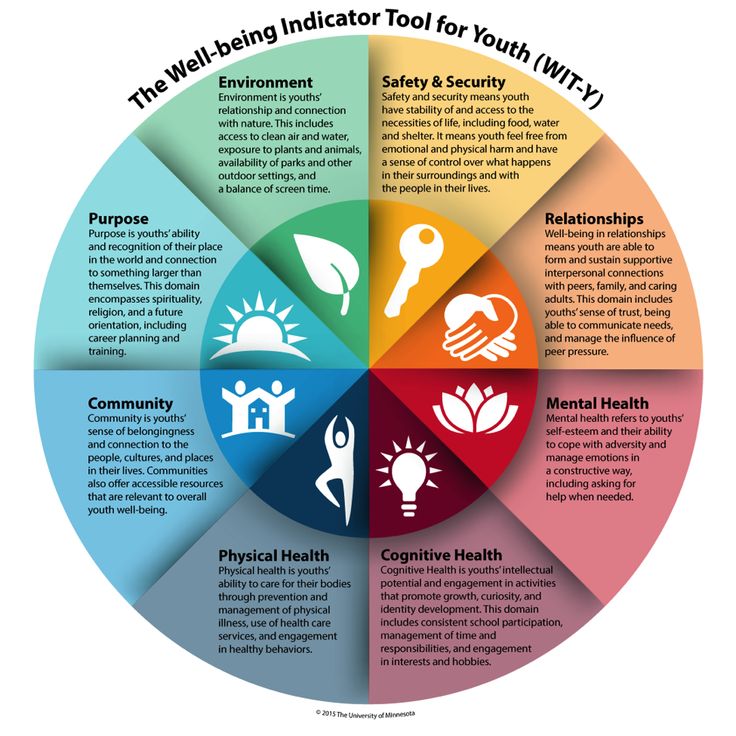 6
6
The marital discord model of depression reports that about 50 percent of couples seeking therapy for either marital troubles or depression struggled with the other issue as well.14 Struggles in marriage lead to negative habits. These habits create more depressive symptoms. Depression then creates more marital problems.6 Put simply by another theoretical model,15 mental health stressors in a marriage and the way spouses interact both lead to the way a couple manages stress.
Unhappiness in a marriage relationship often predicts depressive symptoms.6,16 These symptoms typically interrupt normal living in marriage.17 Many studies suggest that having religious practices and beliefs can lessen depressive symptoms.2-3,18-20 They find that when practiced with sensitivity, religiosity can help couples cope better.18-19 Religious characteristics like forgiveness and hope help spouses be more proactive in dealing with their stressors. 19 Living these values can slow or even stop the depressive cycle. When spouses feel they have a good relationship with God, they also tend to have greater feelings of self-worth.
18-19 Better self-esteem helps them interact with their spouse more positively. Additionally, spouses who include religious beliefs and practices in their lives are more likely to have their own internal support system.2-3,18-19 Mentally ill and mentally healthy spouses can then lend more support to their spouse in times of mental stress and sadness.
19 Living these values can slow or even stop the depressive cycle. When spouses feel they have a good relationship with God, they also tend to have greater feelings of self-worth.
18-19 Better self-esteem helps them interact with their spouse more positively. Additionally, spouses who include religious beliefs and practices in their lives are more likely to have their own internal support system.2-3,18-19 Mentally ill and mentally healthy spouses can then lend more support to their spouse in times of mental stress and sadness.
Religion Helps Lower and Prevent Conflict in Marriage
Religion can also help couples lessen conflict in their marriage. Conflict in marriage occurs when couples choose or pursue goals differently.21 Conflict can occur in marriages about anything that relates to planning for and living a life together.21 When spouses do not agree about which goals are the most important or disagree about how they should go about obtaining those goals, conflict can result.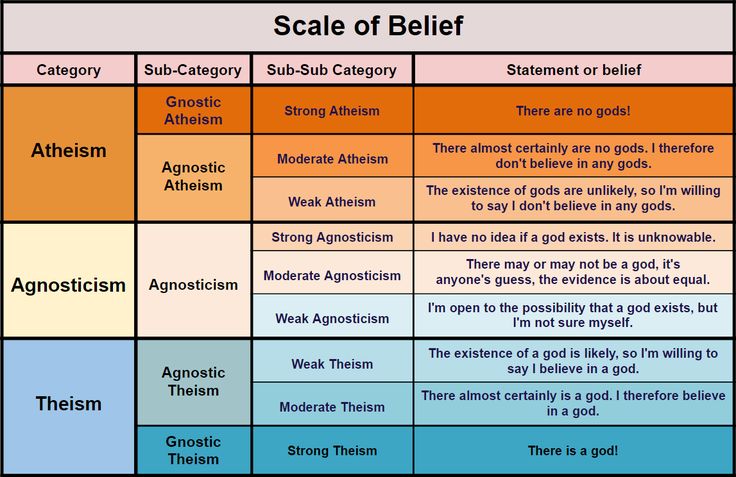 21-22 Because religion provides values that relate to family goals and to reaching these goals,21 it can help couples be more unified in making decisions. The importance of shared values holds true for couples of different faiths or of the same faith.
21-22 Because religion provides values that relate to family goals and to reaching these goals,21 it can help couples be more unified in making decisions. The importance of shared values holds true for couples of different faiths or of the same faith.
Inter-faith couples can experience more conflict in their marriage. When compared with same-faith marriages, inter-faith marriages tend to have less stability and more conflict.23-24 For many couples in inter-faith marriages, conflict over religious differences can add stress in addition to the other major stressors that couples usually face.24 Conflict can become more frequent or more intense if spouses do not share compatible religious-based values and views.21 This tension is more severe in inter-faith marriages where one or both spouses are involved in a faith with high demands on time, money, and investment.25
Conflict can be lessened for same-faith couples.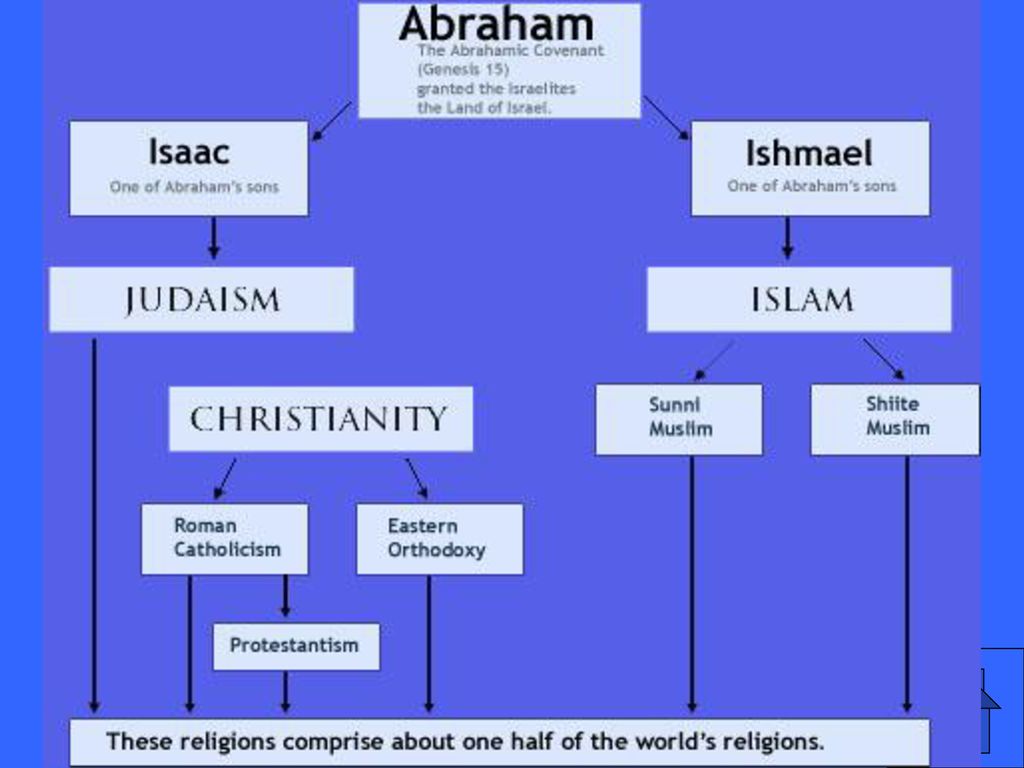 Couples who actively share the same religious beliefs and practices are equipped with more spiritual resources than inter-faith couples. They also tend to have marriages that last longer and are happier.24,26 However, couples of the same faith may struggle with conflict if they do not practice their religion at the same level of belief as each other.24 For example, spouses with a partner who is less religious tend to have lower marital satisfaction and more negative marriage outcomes. These outcomes include partners receiving more insulting comments and fewer expressions of commitment.27 Couples of the same faith who participate in fewer religious activities with each other also report disagreements more often.21
Couples who actively share the same religious beliefs and practices are equipped with more spiritual resources than inter-faith couples. They also tend to have marriages that last longer and are happier.24,26 However, couples of the same faith may struggle with conflict if they do not practice their religion at the same level of belief as each other.24 For example, spouses with a partner who is less religious tend to have lower marital satisfaction and more negative marriage outcomes. These outcomes include partners receiving more insulting comments and fewer expressions of commitment.27 Couples of the same faith who participate in fewer religious activities with each other also report disagreements more often.21
Research shows that when couples share religious involvement, they tend to adjust better in marriage in many ways.9 People who are forgiving and hopeful seem to be more proactive when dealing with stressful events.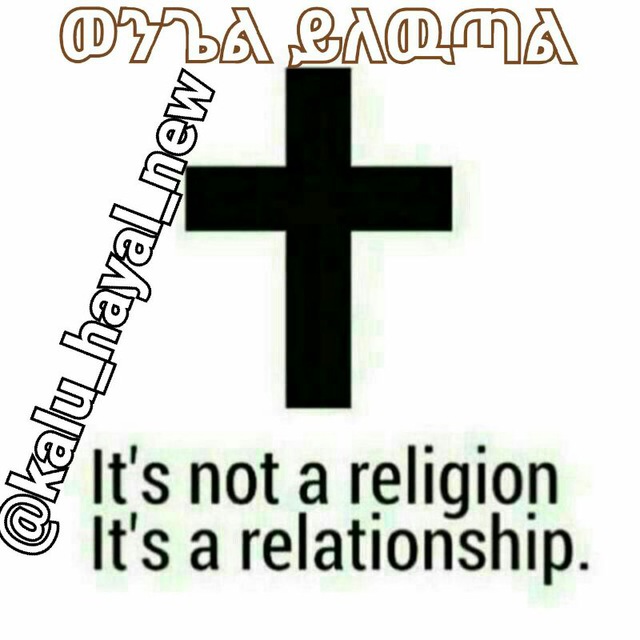 19 Religious practices such as prayer increase unity in a marriage relationship.28 Spouses who are religious tend to criticize their partner less and show more affection for their partner. Spouses of religious people also report being more satisfied in their marriage.27 When spouses share perspective, they have more shared meaning in their relationship. These shared values help protect against conflict.21 Couples who share perspective from religious beliefs also have less conflict to begin with.24 Thus, not only do shared religious beliefs help couples resolve conflicts, but they prevent some conflicts before they have even begun.24 One reason for the lower amounts of conflict for these couples is that they have religious ideals about how to interact and communicate with their spouse.21 These ideals are often based on values like charity and patience.
19 Religious practices such as prayer increase unity in a marriage relationship.28 Spouses who are religious tend to criticize their partner less and show more affection for their partner. Spouses of religious people also report being more satisfied in their marriage.27 When spouses share perspective, they have more shared meaning in their relationship. These shared values help protect against conflict.21 Couples who share perspective from religious beliefs also have less conflict to begin with.24 Thus, not only do shared religious beliefs help couples resolve conflicts, but they prevent some conflicts before they have even begun.24 One reason for the lower amounts of conflict for these couples is that they have religious ideals about how to interact and communicate with their spouse.21 These ideals are often based on values like charity and patience.
Religion Lessens and Protects Against Infidelity in Marriage
A couple’s religious involvement can also act as a protective factor against infidelity. Infidelity happens when a spouse violates the expected level of intimacy with someone not in their marriage relationship. It can expand to areas beyond physical intimacy and creates negative outcomes in the marriage relationship.28 In fact, infidelity is one of the most common reasons spouses give for breaking up.29 There are multiple types of infidelity that affect the marriage relationship.
Infidelity happens when a spouse violates the expected level of intimacy with someone not in their marriage relationship. It can expand to areas beyond physical intimacy and creates negative outcomes in the marriage relationship.28 In fact, infidelity is one of the most common reasons spouses give for breaking up.29 There are multiple types of infidelity that affect the marriage relationship.
Financial infidelity. Financial infidelity occurs when a spouse keeps secrets about money. It can also include a partner being dishonest with their spouse about the family’s finances.30 Instances like hiding spending money from one’s spouse and hiding purchases are considered to be financial infidelity. Lying about whether or not an item was on sale or how much one paid for the item is also financial infidelity.31 Financial infidelity can harm a marriage relationship and result in conflict between spouses. It can also create issues of mistrust. 32
32
Sexual infidelity. Sexual infidelity happens when a spouse engages in sexual activity with someone outside of the marriage. It can occur with or without their spouse knowing.33-34 Sexual infidelity includes physical intercourse, but it can also include online sexual activities. Seeking out or having an online sexual partner is considered infidelity. Sexual infidelity can also include looking at sexually explicit images, videos, or other material.35 Like physical intimacy outside marriage, online sexual infidelity can damage relationship trust, cause conflict in marriage, and lessen sexual satisfaction. 35 Sexual infidelity is associated with lower self-esteem for both partners.36 Sexual infidelity is related to more psychological problems and less happiness in a marriage.36
Emotional infidelity. Emotional infidelity occurs when a spouse is emotionally and romantically attached to a person that is not their partner.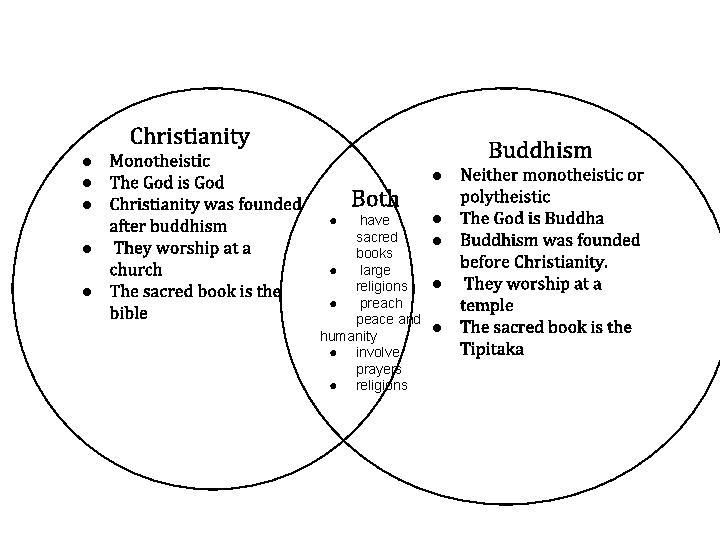 34 It can occur whether or not sexual actions take place. Emotional infidelity can include when a spouse is not honest with their partner about their feelings for that person. Some even feel that it includes a spouse attending an important event exclusively with a person other than their partner without their spouse’s knowledge or consent.34 At its core, emotional infidelity results in a spouse diverting time, attention, and love to a third party in ways that hurt the commitment in a marital relationship.33
34 It can occur whether or not sexual actions take place. Emotional infidelity can include when a spouse is not honest with their partner about their feelings for that person. Some even feel that it includes a spouse attending an important event exclusively with a person other than their partner without their spouse’s knowledge or consent.34 At its core, emotional infidelity results in a spouse diverting time, attention, and love to a third party in ways that hurt the commitment in a marital relationship.33
Multiple researchers have correlated religiosity with increased commitment in marriage.24 Religion plays a role in lowering the risk of infidelity26 through involving people in religious actions26,28,37 and beliefs.37-38 Specifically, more frequent church attendance and a belief that the Bible is God’s word result in less infidelity.37 Prayer, including both praying for one’s spouse and praying with one’s spouse, is related to more trust in one’s relationship. 28 Religious factors such as feeling a close connection to God, believing and seeing marriage as sanctified, and being active in a faith community help to increase couples’ value of and commitment to being faithful to their spouse.38 This is the case for couples who are highly religious. National surveys show that when individuals attend church more frequently, they tend to self-report less extramarital sex.26 Spouses who are more devout to their religion tend to prefer complete commitment to marriage. They also value the need to make individual sacrifices for marriage.21
28 Religious factors such as feeling a close connection to God, believing and seeing marriage as sanctified, and being active in a faith community help to increase couples’ value of and commitment to being faithful to their spouse.38 This is the case for couples who are highly religious. National surveys show that when individuals attend church more frequently, they tend to self-report less extramarital sex.26 Spouses who are more devout to their religion tend to prefer complete commitment to marriage. They also value the need to make individual sacrifices for marriage.21
It is important to note, however, that for partners who attend church often but do not feel that they have a close relationship to God, the likelihood of an affair increases. The same holds true for partners who do not attend church often but do feel that they have a close relationship to God.39 This increase shows that a vital part of sexual fidelity is having both spouses internalize and reinforce spiritual beliefs about marriage.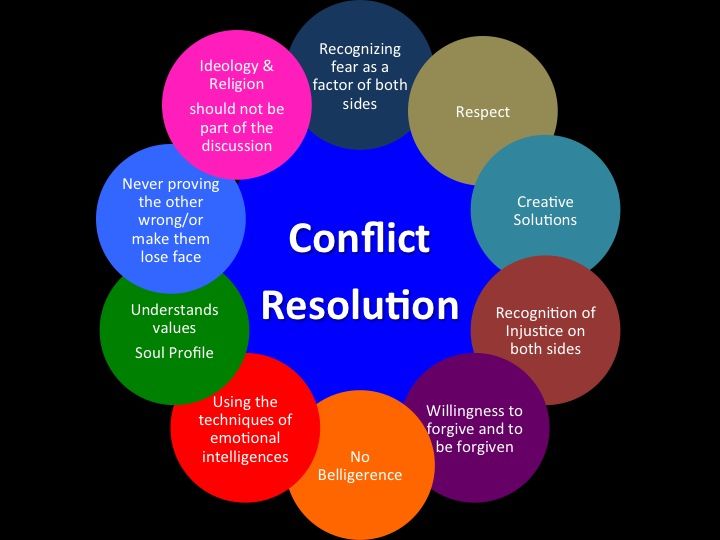 26How a person uses religion in their life affects the impact on their life of their religious beliefs.
26How a person uses religion in their life affects the impact on their life of their religious beliefs.
Misapplied Religion as a Risk Factor
Religion can act as a protective factor for couples. However, when practiced in unhealthy ways, the religious beliefs and actions of an individual can turn into a risk factor for marriage. Marriages can be damaged when religious beliefs are misapplied or practiced in twisted ways.24
Certain feelings about religion can be harmful. Sometimes religious people have an anxious relationship with God. They may feel ashamed when they think about God. These negative feelings towards God can increase depressive symptoms and feelings of stress.18 Another negative feeling religious people may hold is unjustly blaming God for stressors. These and other attitudes are known as negative religious coping. Higher levels of depression are associated with these negative views of God.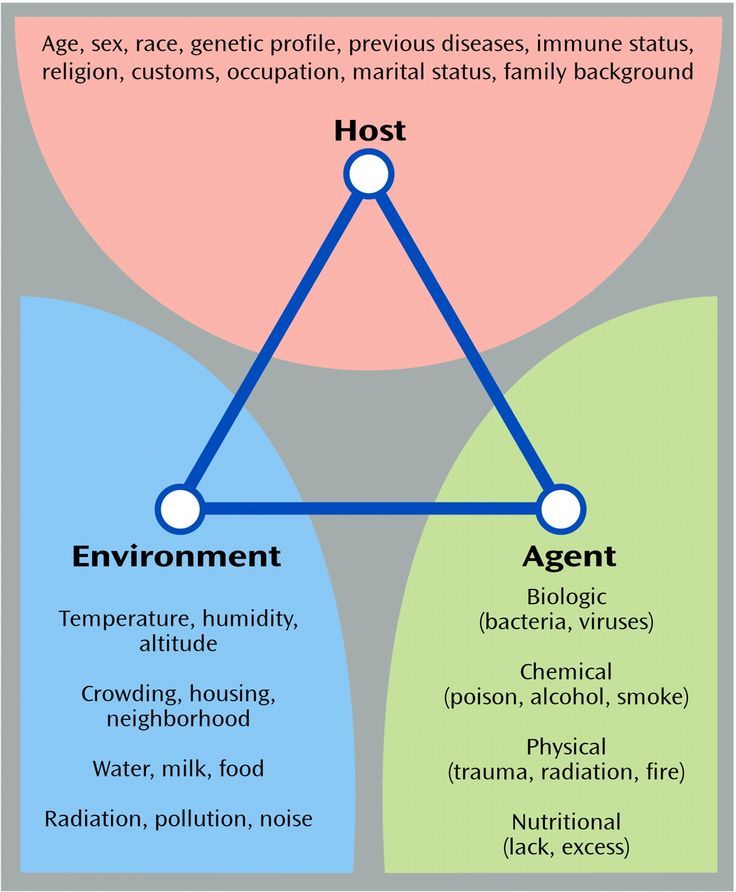 19 Having an avoidant attachment to God can also make people less agreeable.19 These ideas are not generally taught as religious tenets, but people can misapply the role of God and have negative results that can hurt marriages.
19 Having an avoidant attachment to God can also make people less agreeable.19 These ideas are not generally taught as religious tenets, but people can misapply the role of God and have negative results that can hurt marriages.
Some religious beliefs can be harmful. Some religious people may hold religious attitudes that can place themselves or their children in unnecessary danger. Additionally, sometimes marriages have violence or infidelity that can reach a severe level. Spouses may need a way to leave a situation that shows no promise of recovery. When a victim feels their religion teaches never to divorce, they can be hurt in serious ways.24 The idea of sole male leadership can also be harmful to a marriage in place of the view of an equal partnership. 24 This belief keeps couples from counseling together and using the strength and good judgement of both individuals to help their families.
Specific religious actions can be harmful. Religious activities are sometimes used to mask or avoid dealing with stressors. This choice is related to more depressive symptoms.19 Conflict is also a problem for families with mixed religious beliefs. This conflict is often caused by a family member leaving the family’s church or leaving religion completely.24
Religious activities are sometimes used to mask or avoid dealing with stressors. This choice is related to more depressive symptoms.19 Conflict is also a problem for families with mixed religious beliefs. This conflict is often caused by a family member leaving the family’s church or leaving religion completely.24
Conclusion
Marriage is one of the most important and long-lasting relationships.6 Understanding how religion can help or hurt married couples is vital. Stress is a common experience for couples to experience.7 As they communicate and meet the challenges together, they cope better. As noted, religious practices and beliefs can change couples’ perspectives about stressful challenges. It also can change how a couple manages stress.9 In sum, religion can help couples have better coping strategies.18-19
By turning to religion, couples can become more unified28 and committed. 38 However, religion needs to be applied in healthy ways. Otherwise, it can have harmful effects on a marriage.24 When applied in a positive and unified way, however, religiosity in marriage can act as a protective factor. Religious couples can emerge stronger from struggles with depression. They can cope more effectively with conflict. They can be strengthened to avoid infidelity. Therefore, couples who are religious are better able to meet life’s challenges and find lasting happiness.
38 However, religion needs to be applied in healthy ways. Otherwise, it can have harmful effects on a marriage.24 When applied in a positive and unified way, however, religiosity in marriage can act as a protective factor. Religious couples can emerge stronger from struggles with depression. They can cope more effectively with conflict. They can be strengthened to avoid infidelity. Therefore, couples who are religious are better able to meet life’s challenges and find lasting happiness.
Written by Kathryn E. Duval, edited by Stephen Duncan and Julie H. Haupt, professors in the School of Family Life, Brigham Young University. June 3, 2020.
References
- Marks, L. (2006). Religion and family relational health: An overview and conceptual model. Journal of Religion & Health, 45(4), 603–618.
- Burke, A., Olphen, J., Eliason, M., Howell, R., & Gonzalez, A. (2014). Re-examining religiosity as a protective factor: Comparing alcohol use by self-identified religious, spiritual, and secular college students.
 Journal of Religion & Health, 53(2), 305–316.
Journal of Religion & Health, 53(2), 305–316. - Gwin, S., Branscum, P., Taylor, L., Cheney, M., Maness, S., Frey, M., & Zhang, Y. (2018). The relationship between parent–young adult religious concord and depression. Journal of Spirituality in Mental Health, 22(1), 96-110.
- Jankowski, P. J., Hardy, S. A., Zamboanga, B. L., Ham, L. S., Schwartz, S. J., Kim, S. Y., … Bersamin, M. M. (2015). Religiousness and levels of hazardous alcohol use: A latent profile analysis. Journal of Youth Adolescence, 44, 1968–1983
- Pew Research Center, (2014). Importance of religion in one's life. Retrieved from https://www.pewforum.org/religious-landscape-study/importance-of-religion-in-ones-life/
- Goldfarb, M. R., & Trudel, G. (2019). Marital quality and depression: A review. Marriage & Family Review, 55(8), 737–763.
- Pasch, L. A., & Sullivan, K. T. (2017). Stress and coping in couples facing infertility.
 Current Opinion in Psychology, 13, 131-135.
Current Opinion in Psychology, 13, 131-135. - Patterson, J. M. (2004). Integrating family resilience and family stress theory. Journal of Marriage and Family 64(2), 349-360.
- Lambert, N. M., & Dollahite, D.C. (2006). How religiosity helps couples prevent, resolve, and overcome marital conflict. Family Relations, 55, 439-449.
- Kessler, R. C., Petukhova, M., Sampson, N. A., Zaslavsky, A. M., & Wittchen, H. U. (2012). Twelve-month and lifetime prevalence and lifetime morbid risk of anxiety and mood disorders in the United States. International Journal of Methods in Psychiatry Research, 21, 169–184.
- Stewart, J. G., & Harkness, K. L. (2017). Testing a revised interpersonal theory of depression using a laboratory measure of excessive reassurance seeking. Journal of Clinical Psychology, 73(3), 331–348.
- Bodenmann, G. (2005). Dyadic coping and its significance for marital functioning.
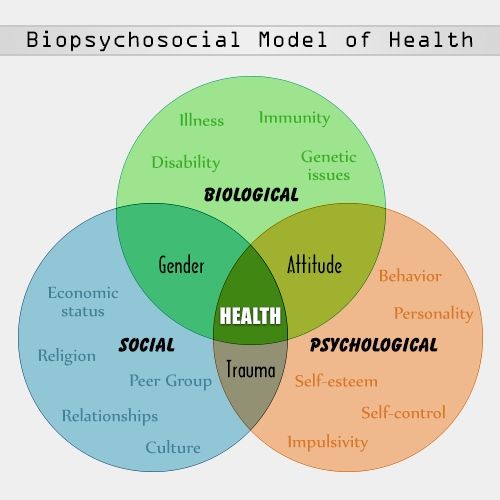 In T. A. Revenson, K. Kayser, & G. Bodenmann (Eds.), Decade of behavior. Couples coping with stress: Emerging perspectives on dyadic coping (p. 33–49). American Psychological Association.
In T. A. Revenson, K. Kayser, & G. Bodenmann (Eds.), Decade of behavior. Couples coping with stress: Emerging perspectives on dyadic coping (p. 33–49). American Psychological Association. - Liu, R. T., & Alloy, L. B. (2010). Stress generation in depression: A systematic review of the empirical literature and recommendations for future study. Clinical Psychology Review, 30(5), 582-593.
- Beach, S. R. H., Jouriles, E. N., & O'Leary, K. D. (1985). Extramarital sex: Impact on depression and commitment in couples seeking marital therapy. Journal of Sex and Marital Therapy, 11, 99-108.
- Karney, B. R., & Bradbury, T. N. (1995). The longitudinal course of marital quality and stability: A review of theory, methods, and research. Psychological Bulletin, 118(1), 3-34.
- Fink, B. C., & Shapiro, A. F. (2013). Coping mediates the association between marital instability and depression, but not marital satisfaction and depression.
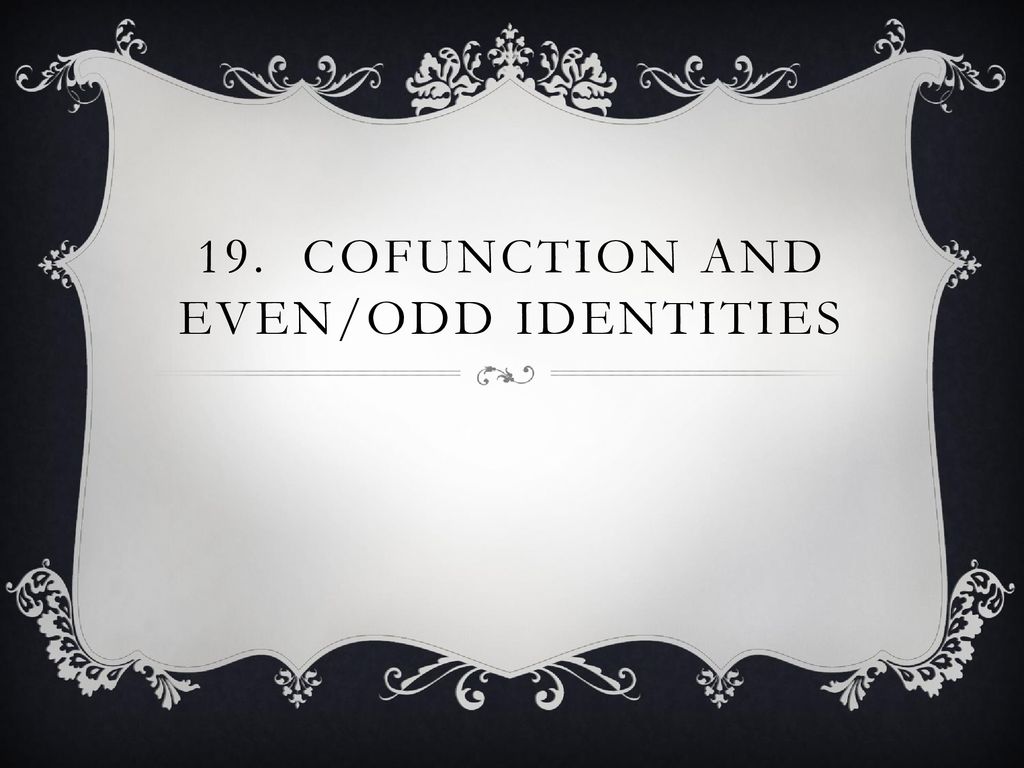 Couple & Family Psychology, 2(1), 1–13.
Couple & Family Psychology, 2(1), 1–13. - Knöpfli, B., Morselli, D., & Perrig-Chiello, P. (2016). Trajectories of psychological adaptation to marital breakup after a long-term marriage. Gerontology, 62(5), 541–552.
- Barry, C. M., Christofferson, J. L., Boorman, E. P., & Nelson, L. J. (2019). Profiles of religiousness, spirituality, and psychological adjustment in emerging adults. Journal of Adult Development, 34(4), 1-11.
- Malinovic, A., Fink, A., Lewis, A., & Unterrainer, H. (2016). Dimensions of religious/spiritual well-being in relation to personality and stress coping: Initial results from Bosnian young adults . Journal of Spirituality in Mental Health, 18(1), 43–54.
- Unterrainer, H., Lewis, A., & Fink, A. (2014). Religious/spiritual well-being, personality and mental health: A review of results and conceptual issues. Journal of Religion & Health, 53(2), 382–392.
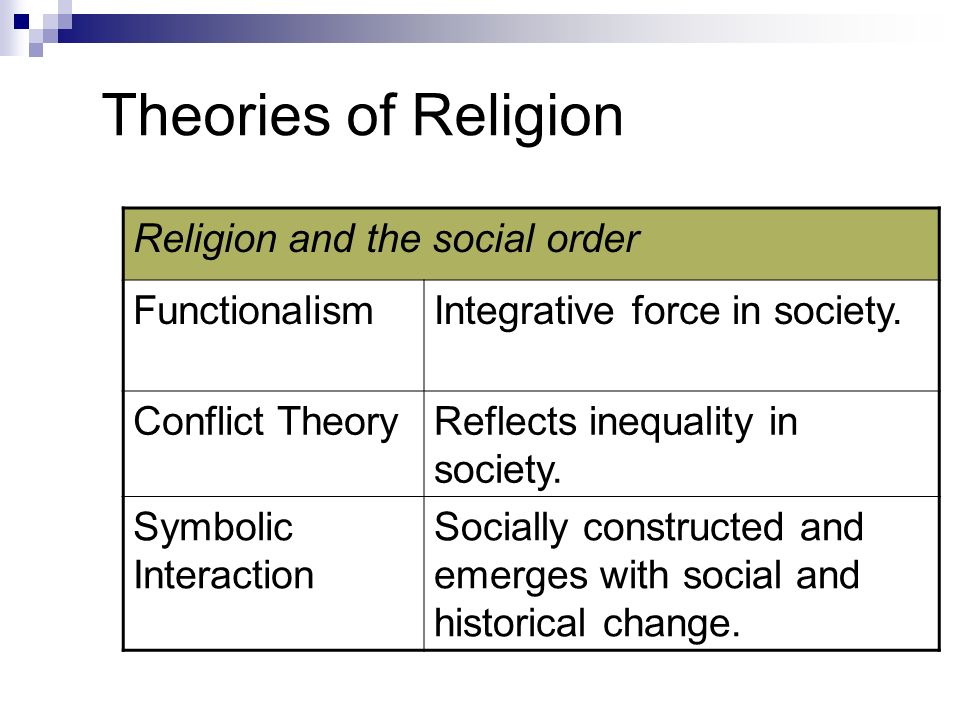
- Mahoney, A. (2005). Religion and conflict in marital and parent-child relationships. Journal of Social Issues, 61(4), 689–706.
- Silberman, I., Higgins, E. T., & Dweck, C. S. (2005). Religion and world change: Violence and terrorism versus peace. Journal of Social Issues, 61(4), 761–784.
- Curtis, K. T., & Ellison, S. G. (2002). Religious heterogamy and marital conflict. Journal of Family Issues, 23, 551-576.
- Marks, L., & Dollahite, D. (2016). Religion and families: An introduction. Routledge.
- Stark, R., & Finke, R. (2000). Acts of faith: Explaining the human side of religion. Berkeley, CA: University of California Press.
- Mahoney, A. (2010). Religion in families, 1999 - 2009: A relational spirituality framework. Journal of Marriage and Family, 72(4), 805–827.
- Perry, S. L. (2015). A match made in heaven? Religion-based marriage decisions, marital quality, and the moderating effects of spouse’s religious commitment.
 Social Indicators Research, 123(1), 203–225.
Social Indicators Research, 123(1), 203–225. - Reich, N., & Kalantar, S. M. (2018). The role of praying for the spouse and sanctification of marriage in reducing infidelity. Mental Health, Religion & Culture, 21(1), 65–76.
- Amato, P.R., & Previti, D. (2003). People's reasons for divorcing: Gender, social class, the life course, and adjustment. Journal of Family Issues, 24, 602-626.
- Canale, A., Archuleta, K. L., & Klontz, B. T. (2015). Money disorders. In B. Klontz, S. Britt, & K. Archuleta (Eds.), Financial therapy: Theory research, and practice (pp. 35–67). New York: Springer.
- Jeanfreau, M. M., Noguchi, K., Mong, M. D., & Stadthagen-Gonzalez, H. (2018). Financial infidelity in couple relationships. Journal of Financial Therapy, 9(1), 1–20.
- Jeanfreau, M. M., Holden, C., & Brazeal, M. (2019). Our money, my secrets: Why married individuals commit financial infidelity.
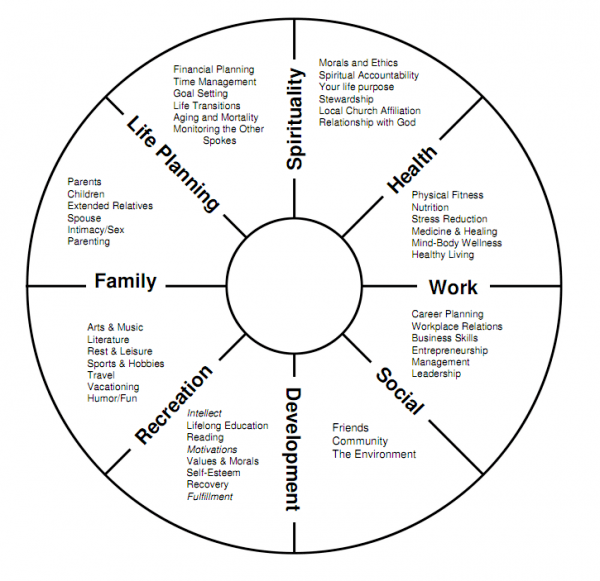 Contemporary Family Therapy: An International Journal, 42, 46-54.
Contemporary Family Therapy: An International Journal, 42, 46-54. - Ellis, M., & Kleinplatz, P. J. (2018). How contingencies of self-worth influence reactions to emotional and sexual infidelity. Canadian Journal of Human Sexuality, 27(1), 43–54.
- Guitar, A. E., Geher, G., Kruger, D. J., Garcia, J. R., Fisher, M. L., & Fitzgerald, C. J. (2017). Defining and distinguishing sexual and emotional infidelity. Current Psychology: A Journal for Diverse Perspectives on Diverse Psychological Issues, 36(3), 434–446.
- Li, D., & Zheng, L. (2018). Influence of the perceived infidelity of online sexual activities (OSAS) on OSA experiences among Chinese heterosexual individuals in committed relationships. Journal of Sex & Marital Therapy, 44(8), 746–758.
- McNulty, J. K., & Widman, L. (2014). Sexual narcissism and infidelity in early marriage. Archives of Sexual Behavior, 43(7), 1315–1325.
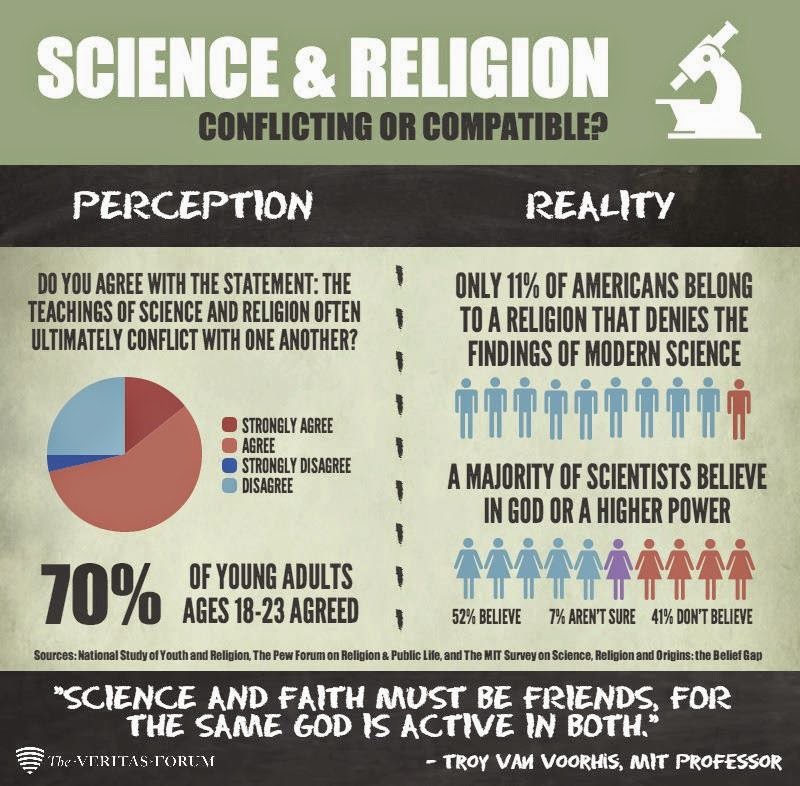
- Burdette, A. M., Ellison, C. G., Sherkat, D. E., & Gore, K. A. (2007). Are there religious variations in marital infidelity? Journal of Family Issues, 28(12), 1553–1581.
- Dollahite, D. C., & Lambert, N. M. (2007). Forsaking all others: How religious involvement promotes marital fidelity in Christian, Jewish, and Muslim couples. Review of Religious Research, 48, 290 – 307.
- Atkins, D. C., & Kessel, D. E. (2008). Religiousness and infidelity: Attendance, but not faith and prayer, predict marital fidelity. Journal of Marriage and Family, 70(2), 407-418.
Why religious compatibility matters in relationships
Studies support the idea that prayer enables couples to focus on shared needs, rather than individual concerns. A strong religious foundation can also sustain relationships through dark periods.
Adobe Stock
Imagine a new couple out on a Valentine's Day date. The young man and woman are both nervous, but the candlelit restaurant has created a calm, romantic mood. Orders placed with the waiter, they each take a deep breath, ready to dive into a new line of conversation.
Orders placed with the waiter, they each take a deep breath, ready to dive into a new line of conversation.
"How often do you go to church?" the man says, as the woman's eyes widen.
If this scenario seems unlikely, it's because it is. Even during the contentious 2016 presidential election, people preferred political conversations to religious ones. Six in 10 U.S. adults (59 percent) told LifeWay Research in August they were more comfortable discussing their political views than their spirituality, compared to 41 percent who said the opposite.
Religious compatibility isn't a top-of-mind concern for many relationship seekers, who are often more focused on finding someone who likes the same television shows or outdoor activities.
Only 44 percent of Americans say shared religious beliefs are very important for a successful marriage, compared to 66 percent who say having shared interests, 63 percent who say a satisfying sexual relationship and 62 percent who say sharing household chores, Pew Research Center reported in October.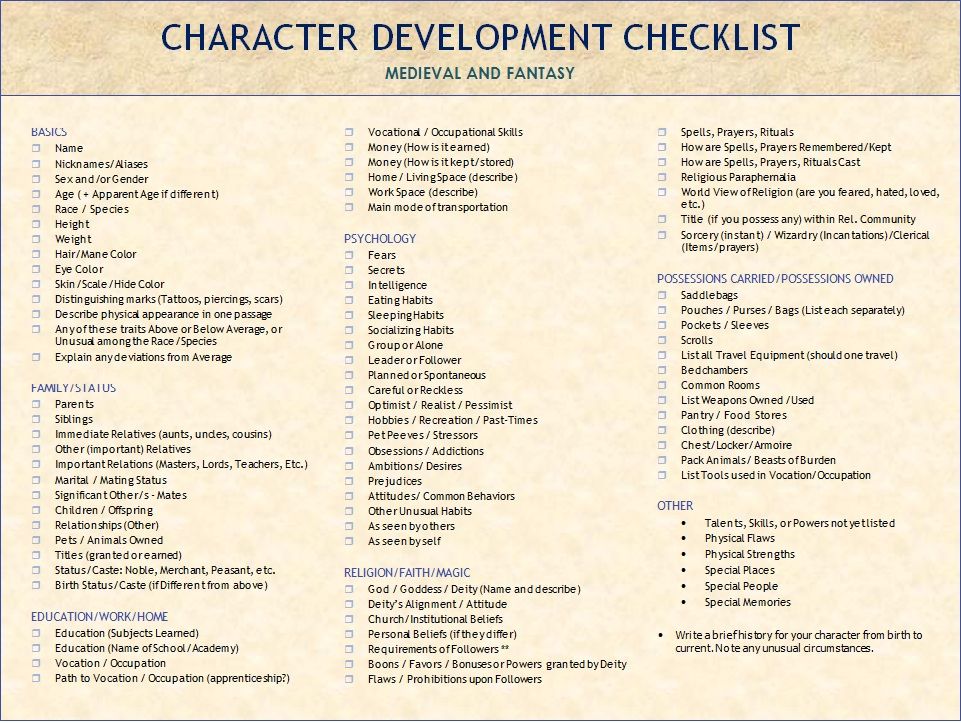
But while avoiding deep discussions about the value of prayer or arguments over the pope's latest proclamation may seem expedient on the dating scene, couples can struggle in the long term if they don't discuss faith from the start, according to recent research on religion and romance. The religious beliefs partners bring to a relationship affect how conflicts play out and the faith lives of their future children.
Drawing on shared beliefs
Religiously matched couples can draw on resources that would not exist without that spiritual bone during times of conflict or stress.
For example, they might choose to pause an argument to pray together, which many religion researchers describe as a valuable way to address hurt feelings.
"The best religious predictor of being happy in a relationship is praying together as a couple," said Brad Wilcox, who authored a recent analysis on minority couples and religion, to Christianity Today. "Taking your faith directly into the domestic sphere seems to reap real benefits for black and Latino couples. "
"
Earlier studies support his conclusion, showing that joint prayer enables couples to focus on shared needs, rather than individual concerns.
A strong religious foundation can also sustain relationships through dark periods, such as the aftermath of an affair, as the Deseret News reported in September. Couples who believe their connection is sanctified, or centered on God, seem to have more success than other pairings in overcoming these difficult situations.
"Couples who believe in sanctification share a sense of purpose that goes beyond shared hobbies, self-interest (and) procreation," the article said, paraphrasing Christopher Ellison, a distinguished professor of sociology at the University of Texas at San Antonio. "The couple may believe that God has a mission for their marriage, and perhaps even brought them together."
In general, shared religious beliefs enable couples to comfortably bring religion into their relationship, facilitating conversations that are more difficult for others.
Eight in 10 U.S. adults in religiously matched marriages (78 percent) say they talk about religion "a lot" or "some" with their spouse, compared to 46 percent of faithful people who have a religiously unaffiliated partner, Pew reported.
Navigating religious tension
As Pew's study showed, religious discussions are less common in religiously mixed households, which holds consequences for romantic partners and their future children.
People who feel awkward sharing their religious experiences with their spouse may struggle to stay connected to their own spirituality, Pew reported. Adults in religiously matched marriages are more likely to believe in God, say religion is important to them, attend worship services regularly and pray more frequently than their peers in religiously mixed marriages.
More than 8 in 10 Protestants (82 percent) married to fellow Protestants are highly religious, compared to 58 percent of Protestants married to non-Protestant believers and 49 percent married to someone unaffiliated with a faith, according to the study.
The potential temptation to disengage from religion can be passed on to children of religiously mixed parents, resulting in higher rates of departure from faith communities.
"Americans raised in mixed religious households — where parents identified with different religious traditions — are more likely to identify as unaffiliated than those raised in households where parents shared the same faith (31 percent versus 22 percent, respectively)" reported Public Religion Research Institute in September.
This trend is especially pronounced among Catholics, researchers noted. One-third of adults raised to embrace Catholicism by one Catholic parent and one non-Catholic parent (34 percent) are religiously unaffiliated today, compared to 17 percent of people raised Catholic by two Catholic parents.
Religious differences don't always spell doom for relationships, but they can lead to arguments and tensions. Religiously mixed couples should be proactive about addressing the role faith will play in their family life, according to experts on religion and romance.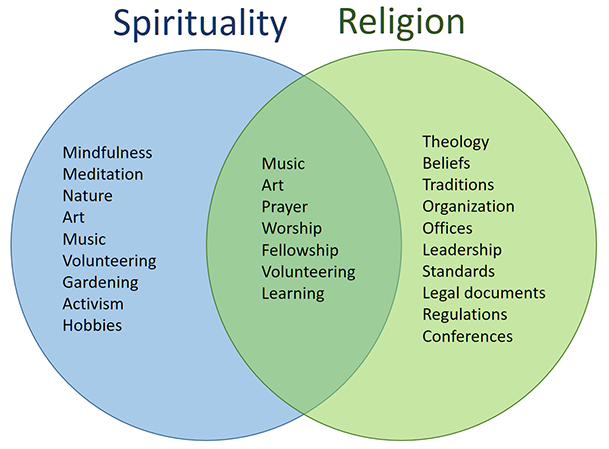
"Religion is a very, very big issue. If two people aren't on the same page, it can cause a crack in the foundation of the relationship," said Fran Walfish, a family psychotherapist, to the Deseret News in 2013.
The religious factor in international relations
December 21, 2011
Exclusive
Professor of the Department of World Political Processes Ksenia Borishpolets — on the changing role of religion in international relations.
Confessional differentiation of world space allows both to strengthen, and reduce the conflict in international relations. It is characteristic that despite the popularity of the ideas of the dialogue of civilizations and cooperation representatives of religious communities, belonging to one or another religion remains a dividing factor. This is especially noticeable against the background the current upsurge of fundamentalist sentiments among Muslims and Christians and numerous examples of the politicization of religious accessories. To assess the influence of religion on international relations, the following points must be taken into account:
Confessional dynamics in the context of globalization
The current stage of world development refutes common notions that the role of worldview prerequisites of human behavior is reduced. Against the background of the erosion of the ideological component policy significantly increased the role of religious attitudes. contradictions globalization everywhere slowed down the process of religion's departure to the area "personal spirituality". As international experience shows, religion is increasingly determines the way of life of adherents of Islam, and the religious renaissance in various forms is felt among Christian and other religious communities. Religious figures speak out actively on international issues politicians. Their meetings prior to the official conferences G-20 became an important public element of this format.
Modern confessional dynamics is characterized not only by revitalization of religious life. The number of major confessional groups of the population of the earth. Now they are dominated by Muslims, mostly Sunnis. Importance of quantitative changes in the leading religious communities is intensified in the light of intensification of migration processes. The main migration flows are from the zone of spread of Islam to the zone of countries whose culture has developed influenced by Christian values. In fact, this means extensive growth the number of Muslims and the need to qualitatively change the activities of all branches of Christianity.
The asymmetry of the global dynamics of confessional structures influences and on the internal processes of the organization of confessions. Yes, strong growth. and the expansion of the boundaries of Islamic society leads to changes in the system of spiritual leadership of the Islamic world and increasing the role middle-level religious figures in the formation of mass religious installations. As for Christian movements, they are more typical consolidation of the historically established mechanisms of centralized church management.
Along with the change in the number of religious groups, a characteristic feature confessional dynamics is the effect of "mixing" the world confessional space. It is especially noticeable in developed industrialized countries and, paradoxically, in Africa. In the current decade, this effect has become increasingly important and on the activities of the ROC, which seeks to strengthen ties with foreign Orthodox communities.
Thus, the religions of the world are now undergoing a period of transformation. In this regard, the public demand for cooperation is increasing. religious and administrative elites in the sphere of social state administration. For state actors, this interaction allows maintain or even strengthen the potential of "soft power" in the international arena, and for religious circles, to strengthen the status of their leaders in the course of adaptation to the conditions of globalization.
Religious organizations in the context of international cooperation
Inclusion of religious organizations in international cooperation characteristic not only of the post-bipolar period. However, this practice received a special development under the influence of such major initiatives as the “Dialogue Civilizations” (Iranian project) and “Partnership of Civilizations” (Russian project), as well as the efforts of the Vatican to establish cooperation with Muslims and Jews. Politics also plays a significant role ROC for the development of interchurch relations.
However, a clear understanding of the coordination of efforts that undertaken by ecclesiastical and civil organizations, while did not work out. Partial formalization of the idea of the role of religion in the context of the "Dialogue of Civilizations" is reflected in the text of the "Rhodes declarations 2009”. It states that world religions are able to play a particularly important role in strengthening spiritual and humanistic values, reminding people of their responsibility for the common good humanity. In other words, religions and religious structures considered as an intermediary of strategic civil initiatives.
Practical participation of religious organizations in the development of international cooperation is especially noticeable in such areas of activity as eradication of poverty and the fight against HIV/AIDS in Africa, where largely due to the programs of the Catholic and Protestant churches succeeded in slowing down the spread of the disease. Mobilization of efforts and increasing the moral authority of religious organizations is also regarded as an essential element of the anti-terrorist struggle. Speech is about uniting representatives of all religious traditions in a joint condemnation of the actions of terrorists, which consistently conducted so far only by Christian and Buddhist religious structures.
Religious organizations are just beginning to coordinate their international initiatives. The transition to joint large-scale projects will take place a lot of time and effort. In this regard, the most important goal interfaith cooperation is to overcome mutual alienation religious elites who play a prominent role in the social and political life.
The role of the religious factor in international relations continues remain controversial. And yet, out of everything From the foregoing, several practical conclusions can be drawn:
1. Fundamentalist currents in the leading denominations create serious obstacles to overcoming the fragmentation of the global humanitarian space, and in some cases the space of international security. The political role of fundamentalism is not limited ideological support for radicalism. Yes, in Muslim countries modern Islamic fundamentalism has transformed the deep protest charge into potentially full-scale political programs. The scope of this process makes Islamic fundamentalism an influential subject of the world politicians. This influence, in particular, is clearly manifested in the regions post-Soviet space.
2. The idea of international interfaith cooperation is not only as an alternative to global apocalyptic forecasts, but also as an important basis for resolving local conflicts. Together however, it remains rather an optional factor, the significance of which depends on political conditions.
3. Foreign policy planning, taking into account interfaith cooperation allows us to talk about the inclusion of new elements in the regulation of international relations. In a practical sense, this means that religious structures can play a more significant role in the definition of problems, their analysis and direct implementation adopted and agreed decisions.
The point of view of the authors whose comments are published in the rubric
“MGIMO experts say” may not coincide with the opinion of the editors of the portal.
Source: MGIMO portal
Commercial use of this information is prohibited.
When reprinting, a link to the MGIMO Portal is obligatory.
Religion and feelings
Yakov Krotov: Our guest Alexander Golomolzin , President of the Healthy Thinking Foundation.
In the Gospel, in religious consciousness in general, there is such a point that death is the result of lies, and not the result of cell breakdown in the body. Lies are the road to death. Satan is the father of lies and the grandfather of the crematorium.
Death is the result of a lie, not the result of cell breakdown in the body
Let's start with a short video interview that was kindly given to us by Yaroslav Golovin , Chairman of the Russian Humanist Society.
Yaroslav Golovin: There is a tradition behind the notion that religion is a lie. For example, Voltaire said that religion arose when a deceiver and a fool met. In the Age of Enlightenment, many thought so, and Voltaire's slogan was: "Crush the reptile" - precisely because this can be done with deceivers who deliberately deceive people.
In today's world, the notion that religion is a hoax is a primitive notion. Closer to the truth is the definition that this is an illusion or self-deception, and there is also a tradition behind this. Freud has an article on religion, "The Future of an Illusion", and he believed that this illusion can be got rid of with the help of psychotherapeutic methods. The illusion can be interpreted broadly, but it cannot be said that, for example, people can be convinced that GMOs are not harmful, and they will get rid of this illusion. With regard to religion, this will not work, because it has very serious roots in the history of culture, in psychology, in social relations.
Religion has very serious roots in the history of culture, in psychology, in social relations
the fact that war as a way of existence of large social formations must be abandoned, and people have now refused. It should be about the same with respect to religion - its role and influence is decreasing, it will decrease and decrease. Society is becoming more rational, and advances in science and technology mean that there is not much room left for religion.
Religion consists primarily of doctrine. In teaching, the main thing is the idea of the other world, the way of interacting with it. If we discard this part of religion and leave only ethics: do not kill, do not steal, then this is normal. I am a supporter of the fact that there are universal human moral principles, they are similar in many religions, and without any religions they also exist. Therefore, there is no problem with the fact that religion will disappear: morality, of course, will remain.
Yakov Krotov: In my opinion, Yaroslav Golovin called you a primitive person…
Alexander Golomolzin: Because I said that this is either deception or self-deception? Not really. Of course, I exaggerate. In addition, most often the deceiver is also self-deceiving.
From the moment I believed, this world is the other world, and the real world is the world of God
Alexander Golomolzin: Now we will again run into who we call believers and who are not.
It seems to Yaroslav that it is difficult to take a person out of religion simply by facts. But when you talk about the facts with most people who consider themselves believers, it turns out that they are unbelievers. And thus they are brought out of this deceived state. It's just a way of thinking: that's how everyone around thinks.
Yakov Krotov: For Yaroslav, a religious person is someone who believes that there is another world.
Alexander Golomolzin: Yes, there is something supernatural.
Yakov Krotov: For me, there is no other world other than the one in which I live: from the moment I came to believe, this world is the other world, and the real world is the world of God. God is real and we are a bonus.
Alexander Golomolzin: And the question arises: what is this real world like?
Yakov Krotov: Hard to say.
I know that it exists, but if I live in Moscow, I cannot describe Moscow in all details. I am not Gilyarovsky, I do not have such a talent, but I live in it. I live in God, by faith, I live in the kingdom of heaven, this is a rather tangible difference between my faith and the faith of Abraham, for whom everything was in the future, but for me - now.
Rather, I share the position of most Christian theologians, who always emphasize that God is indescribable, and precisely because He is the creator, and we are the derivative: after all, a telescope cannot describe an astronomer.
Alexander Golomolzin: But you say you live in it right now, and how can I understand what it is?
God is indescribable, and precisely because He is the creator, and we are derivative
Yakov Krotov: illusion - I try to resist.
The closest analogy, very close to faith, is love. Let me refer to Merab Mamardashvili, who said, describing philosophy: philosophy as knowledge can also be called self-deception or deceit.
He said: it is pointless for a five-year-old child to talk about what love is (erotic, sexual love, the love of a man for a woman), he will not understand. And a child of 12-13 years old does not even need to be told this, he already knows this.
This philosophy does not develop evolutionarily, progressively, it moves in a jerk. In this sense, Mamardashvili resembles modern evolutionary teaching, which clarified Darwinism: evolution is not just a struggle for existence, but a rather complex process of micromutations, of selection. But it is impossible to say that there is some determining factor. So it is in faith. Before I became a believer, I was a non-believer, and this is a quantum leap. This is not true for all believers...
Alexander Golomolzin: What has changed? How can I understand that I suddenly became a believer?
Yakov Krotov: I'm not sure that this can be understood. How can a person understand that he spoke Russian? He suddenly begins to understand Russian speech.
So far, I was not a believer, and I went to Father Alexander Menu, his daughter is my age (I was 16 years old), a slender beauty, but I did not understand at all what they were talking about God. And he did not talk to me about these topics. And when I became a believer, I came to him to be baptized, and he didn’t talk to me about anything either, he looked and baptized, as he saw that I now speak the same language with him.
Alexander Golomolzin: But I really don't understand! You are describing complex feelings…
Yakov Krotov: Experience, not feelings.
Alexander Golomolzin: Experience, sensations. Well, here's how to understand it: have you changed some kind of inner feeling, have some new thoughts appeared?
Yakov Krotov: And what does a good teacher do during an exam, asking a student? He also checks not so much knowledge as whether the student has a structure in which this knowledge is ordered.
It’s just that a set of knowledge will crumble immediately after the exam, as it happens with many.
Before I became a believer, I was a non-believer, and this is a quantum leap.
I speak decent English. But if I'm sitting at a table with the English, I'm talking to an Englishman, and we understand each other perfectly, but I don't hear what's going on at the table, I'm focused. When I am 100% fluent in a language, I hear both my conversation with this person and what four other people are talking about. I would compare this with the experience of religion: I begin to understand what believers are talking about, what other believers are talking about. I suddenly entered a sphere that gives understanding, including understanding of misunderstanding, and this is a criterion, a note. Is that clearer?
Alexander Golomolzin: No. Look, you have a common semantic field, that is, you roughly understand some words.
Here is God – you understand what that means in Christian mythology.
Yakov Krotov: Why in mythology? Both in Islam and Judaism…
Alexander Golomolzin: But it is displayed a little differently everywhere.
Yakov Krotov: I have one wife, someone else has a wife, but when I say that I love my wife, my granddaughter still does not understand this, she is small, five years old, and the person who loves his wife, immediately understands what I mean. And the cynic who divorced or never married will say: "What kind of carrot love is this? It's self-deception!"
Alexander Golomolzin: And the word "love" means different things to different people. It's kind of a feeling. When we move into the realm of sensations, people can only roughly convey what they feel inside, someone in the chest, someone in the stomach: some kind of goosebumps, something else.
![]()
Yakov Krotov: Love and faith have in common that they do not simply express feelings. I do not like 24 hours a day, I also sleep sometimes.
Alexander Golomolzin: And you don't believe 24 hours a day…
Yakov Krotov: I don't know, maybe I believe in a dream, but this is a difficult question. It is curious that in the Holy Scriptures people often talk about meeting with God at night, but very clearly distinguish sleep from this meeting. And I can confirm that there is a difference.
Alexander Golomolzin: Hypnagogic hallucinations? There is such a phenomenon as hallucinations that occur when falling asleep and waking up. This is essentially a dream, but very, very realistic.
Faith carries within itself evidence that it is not self-deception and not a hallucination
Yakov Krotov: Yes, but faith carries within itself evidence that it is not self-deception and not a hallucination.
It's like with love.
Alexander Golomolzin: Through what?
Yakov Krotov: You know that you are alive.
Alexander Golomolzin: Through the fact that I can touch something, for example?
Yakov Krotov: Do you think we are sitting on metal chairs?
Alexander Golomolzin: Yes.
Yakov Krotov: This is an illusion! What are you talking about? But a collective illusion. There are collective illusions - money, the USSR, Marxism, God forgive me...
Yakov Krotov: In this sense, the picture of agnosticism, which is best expressed by Stanislav Lem, seems to me more adequate. We can say that we are living people, or some robot created a computer, loaded a program into it, and you and I are just a set of impulses that is programmed with a high degree of freedom, self-learning, and so on, but there are no chairs in reality .
..
Alexander Golomolzin: As far as I know, there are a lot of all sorts of experiments where it is determined that this matrix theory does not work.
Yakov Krotov: This theory is bad because it is irrefutable, because it can be said for any experience that this experience is also programmed. There are fanatics who say that there were no dinosaurs, and God created dinosaur skeletons to confuse us.
Alexander Golomolzin: Yes, but there are hypotheses, and we can somehow check whether they correspond to reality.
Yakov Krotov: Does this mean that everything that is unverifiable is not true, that verifiability is a necessary condition for reality and truth?
Alexander Golomolzin: Verifiability is a condition for asserting that it exists.
Yakov Krotov: In some cases.
Is love verifiable?
Alexander Golomolzin: Of course.
Yakov Krotov: If love is testable, then it is not love.
Verifiability is a condition for asserting that something exists
Alexander Golomolzin: human biochemistry, which I think can be measured.
Yakov Krotov: But do you measure love or the consequences of love?
Alexander Golomolzin: "Love" is a word that we call a certain set of sensations that make us act in a certain way.
Yakov Krotov: Over the past 50-60 years there has been a certain revolution in the science of language. For example, if earlier the subject was considered the main member of the sentence, and the noun reigned, today the emphasis is on the role of the predicate, that is, the action. Don't try to define love as something static.
It is important that love is loved. I love if there is someone I love. I believe if there is someone with whom I am in a relationship of belief.
Alexander Golomolzin: Yes, of course, but in most cases people love not a person, but the image of this person that they imagine. Maybe something like that with faith.
Yakov Krotov: And when they sign up for registration at the registry office, they don’t give you a coupon? That would be foolish. Well, there are 100-150 dollars - and you check. I wonder if anyone would pass this sieve or not? So that later there will be no disappointments.
Alexander Golomolzin: Why are disappointments bad?
Yakov Krotov: The fact that I was in a state of self-deception.
Alexander Golomolzin: But you experience wonderful feelings when you believe! You say that it is akin to love, and love is a wonderful feeling, it gives people strength, makes them happy.
![]()
Yakov Krotov: Have you been rereading Shakespeare for a long time? Where is happiness?
Alexander Golomolzin: It's full of happiness!
I believe if there is someone with whom I am in a relationship of belief
Yakov Krotov: When a person falls in love, he gets what is called a cognitive image. You ask and find out that this image does not correspond to the object of love. But what you cannot establish: what is he, the object of love? You check the material, and the person who fell in love sees the essence of another person. And we look from the side and say: "Lord, what's wrong with this goat? You don't understand who you fool have fallen in love with!" And she says, "I understand," and she's right. She saw the true "I", which is in him, but we do not see it. But this is not deception or self-deception, but the search for truth, which, in principle, exists.
![]()
Alexander Golomolzin: It is very good to be in these states, and why not?
Yakov Krotov: I don't want to be in a state of truth if it cannot be true. I don't want love if it's not forever. I don't want to love if it's hormones to create a family.
Alexander Golomolzin: And so you think that you are a believer, and this is forever?
Yakov Krotov: I think that my faith is not deceit or self-deception, because I believed even in those moments when it was completely inappropriate, uncomfortable, bad and unpleasant. I also loved when I was angry with my loved one and was ready to slam the door. I realized, as folk wisdom says, that love should be judged not by the moment when they kiss, but by the moment they quarrel - that's when the truth comes to light. If there is truth, I can quarrel with God, like Job, but if there is no truth, - well, goodbye, chao, God, sorry .
..
Alexander Golomolzin: How do you check this truth? Now, in my opinion, you are talking about the fact that you have enough strength to maintain this feeling for a person or for God even in the most difficult moments.
I also believed in those moments when it was completely inappropriate, inconvenient, bad and unpleasant
Yakov Krotov: This is not a feeling, but a dialogue that lasts a conversation. Communication is both actions and emotions. But there is also some higher, basic type of communication, and it determines whether everyone else will. In other words, language itself determines the possibility of communication. If you don't speak the language, there will be no communication. When I recognize a person in another, this is one level of communication. When I recognize my love in another, this is another foundation for another communication. When I recognize God in another, when I generally recognize the existence of God, then this is the third type of communication.
![]()
Alexander Golomolzin: How do they differ?
Alexander GolomolzinYakov Krotov: Very many! And one thing in common - in all three cases, I admit that we are free from hormones, that this is not biochemistry, that biochemistry acts only as a material carrier, substrate. A movie is not a collection of electrical signals; It wasn't electricity that made the movie, it was Eisenstein.
Alexander Golomolzin: But we can very easily change your biochemistry with a small pill, and you will watch a cool comedy and cry because everything is sad.
A movie is not a collection of electrical signals; it was not electricity that made the cinema, but Eisenstein
Yakov Krotov: Here! The proof that religion is self-deception very often comes to the argument that if I hit you on the head with a brick, you will see a different Krishna.
.. (laughs) But this is a methodologically strange argument. For the fact that I can be deceived and that I can be deceived does not prove that there is no truth. If I can break my car, this does not prove that there are no highways and cities between which I drive a car. This only proves that there is a lie, but nothing more. If there are divorces, this does not prove that there is no eternal love.
Alexander Golomolzin: Yes, of course. And people go through it differently.
Yakov Krotov: But why do they pass? They live in eternal love and recognize it as eternal.
Alexander Golomolzin: You are talking about faith now, right?
Yakov Krotov: Of course, since I believe, it is quite important for me that my faith is closely connected with my love. And, in fact, faith in God is also love for God. As much as I love my wife and therefore believe in her, just as much as I believe in God, so much do I love.
![]()
Alexander Golomolzin: Do you think it's possible to experience the same "I love" but without God?
Yakov Krotov: Well, of course! I was in love even before I became a believer.
Alexander Golomolzin: Not falling in love with a person, but simply this state when you feel your presence in this world permeated by God, but only there is no God.
Yakov Krotov: Aldous Huxley became famous for experimenting with various drug-containing substances in the early 60s, when it was still legal, and wrote an entire book on what is now called extrasensory perception. It was he who described the state of non-religious ecstasy, fullness, and so on, the state of a drug addict who has received a mystical experience and does not need any God.
But I do not need the criteria of faith, I understand that my faith is strengthened precisely because I experience such a state not 24 hours a day, and not even every day.
I don't follow him at all. It was pinpoint, sometimes it takes on some other forms, but, as an adult in faith, I understand that if I look for this state, I will just fall into self-deception.
Alexander Golomolzin: You say there is something…
Communication is possible because there is a God, He is the source of the very possibility of communication
Yakov Krotov: and someone, and this is a fundamental point. I am talking to Him.
Alexander Golomolzin: What does it mean that you hear His voice in your head?
Yakov Krotov: No, I'm talking to you, and it's not your vocal cords that communicate, but your "I" and my "I". It won't work without language, but we are looking for that contact that Mikhail Bakhtin wrote about. It is unique, and it manifests itself through psychological mechanisms, but it is not reduced to them.
![]()
Alexander Golomolzin: We can communicate not with the help of speech, not verbally, but with glances, but it still must be some kind of sign system.
Yakov Krotov: Man is after all a verbal creature. The same is true in love and faith.
Alexander Golomolzin: Last time we said that there is God in me, that all communication, in fact, is divine for you, because it transforms you. I'm trying to understand why you are highlighting any particular entity.
Yakov Krotov: Light comes from Jupiter, from a candle, from the Moon, from the Sun, and it is different. But I understand well that I see not because there is light, but because there is reality. Light helps to see. This means that communication is possible, because there is a God, He is the source of the very possibility of communication.
Alexander Golomolzin: Communication with whom, sorry?
Yakov Krotov: Well, including us.
![]()
Alexander Golomolzin: Why?
Yakov Krotov: Because we communicate, not just share a banana.
Alexander Golomolzin: We know how speech was formed. Where is God here?
Vera says that there is meaning regardless of nature, it is an objective meaning
Yakov Krotov: We know how, but we cannot say that this does not have its own reason. Faith says that there is meaning regardless of nature, it is an objective meaning.
Alexander Golomolzin: Generally speaking, there is no point. The meanings that we come up with, we invest.
Yakov Krotov: You think that seeing meaning, considering it something objective is self-deception or deception, but I think that a person is the one who discovers meaning in the world that you cannot see under a microscope, but he is present.
![]()
Alexander Golomolzin: Or lays down the meaning.
Yakov Krotov: The question of truth is, by definition, unprovable by means of language. When you say "cheating" you are using language. But to use language is to use a device that is not designed to distinguish deceit from self-deception and truth. Language is not a means of revealing the truth of the world, it is a means of communication between people, nothing more.
Alexander Golomolzin: But we have learned to do everything with the help of language! And how the world works, we discover with the help of language. There would be no speech - we would not be able to do anything.
Yakov Krotov: Yes, language in this sense makes us human, but it has limits of competence. I think when I believed, I saw not only God, but also the limits of myself as a person and the limits of language. When I fell in love, I saw very clearly the boundaries of language - love also cannot be expressed in language, she uses it, but nothing more.
![]()
Biochemistry, sensations that arise, and so on, are primary for you. I can't prove that these are means, imprints, that's why I'm talking about faith.
Alexander Golomolzin: Do I understand correctly: the God you believe in lies beyond the descriptive?
Yakov Krotov: Well, of course! We started with this - God is indescribable. It is in every catechism.
Alexander Golomolzin: And then what does all of literature do?
Yakov Krotov: And what does Shakespeare do in the sonnets?
Alexander Golomolzin: Tells stories.
When I believed, I saw not only God, but also the limits of myself as a person
Yakov Krotov: You confused Shakespeare with Homer. Shakespeare loves in these sonnets, loves in tragedies and loves in comedies. The same is true of believers.
Love wants to talk about the beloved. In this sense, as a believer, I speak with believers because I want to share.
Alexander Golomolzin: You describe quite interesting, but ordinary things.
Yakov Krotov: And I'm not saying that faith is unusual.
Alexander Golomolzin: Yes, but at the same time you say that you experience all this, think about all this, in relation to something that does not exist here.
Yakov Krotov: To someone.
Alexander Golomolzin: Or rather, you say that it exists, but indescribable in language.
Yakov Krotov: Because my experience of meeting God is the experience of meeting the beyond. Actually, this is the only thing I really know about Him, as well as about a loved one, the only thing I really know is that he is loved. I certainly know my wife less than you would know her if she came to you, but I love her.
![]()
Alexander Golomolzin: You say that you have a certain feeling - an analogue of love, which at some point you identified with God.
Yakov Krotov: No, wait a minute, I have experience. I understand that He responds.
Alexander Golomolzin: Maybe He always responds to me too, but I don't see it? How can I understand it?
Yakov Krotov: I don't even want to try to convey this understanding to you.
Alexander Golomolzin: But you preach, somehow lead people to this, but you don't want to tell me. Why?
This is the secret of language - it can describe the indescribable
Yakov Krotov: I'm not trying to convert anyone (well, maybe just a little), I'm rather counting on something else. It's like a test when they check if the child has a hearing: if they press a key, they will repeat or not repeat.
This is what fellowship of believers is. When we, believers, communicate with each other, it is like a tuning fork: it suddenly responded, and we understand that we are in the same acoustic range, in the same plane. And we start comparing. This is the sermon, catechesis and so on. Language is already the result of a commonality of experience; it makes it possible to understand this commonality.
Alexander Golomolzin: How do you understand this?
Yakov Krotov: How do we understand love? This is the secret of language - it can describe the indescribable.
Alexander Golomolzin: You say: "I have a feeling that He loves us." And everyone says, "Yes, He really loves us." So you believed in God - and fell in love? Or fell in love - and believed? What to do with it? This is some kind of inner feeling that was before, but it was rare, but here we believe that it always exists, and thus we can turn to Him, and is this feeling in us?
Yakov Krotov: I'm not talking about feelings, but about experience, and these are different things.
![]()
Alexander Golomolzin: And what is experience then, how does it manifest itself? Some kind of situation happened to me - this is an experience, these are all some kind of internal stimuli that I can finally describe.
Yakov Krotov: Are there external dampeners? May I include God in the category of external calmers? Here He alone exists in this category. It happens unique. Here is He – unique.
Alexander Golomolzin: I'm trying to figure out what it is.
God is something supersensible, superverbal, but then the meeting with Him is reflected both in words and in feelings. Actually, Huxley meant that drugs release the capacity for extrasensory experience. In a sense, God is something supersensible, superverbal, but then the meeting with Him is reflected both in words and in feelings. But reflected in such a way that I understand: it was a reality. I have been to Moscow, now I am not in Moscow, but I know that Moscow is a reality.
Maybe I'm wrong, maybe it's a matrix, maybe Moscow doesn't exist (well, in a sense it really doesn't exist - after it was covered with tiles). There is no God if you close it with hypocrisy, selfishness, but I know that He exists. Why do you immediately think that this is self-deception?
Alexander Golomolzin: I don't think this is self-deception, I'm just trying to understand what you're talking about. And I can’t pull out any clues, how can I hear, see what it is, get this experience. Although, on the other hand, I had this experience.
Yakov Krotov: Yes, you were with the Baptists.
Alexander Golomolzin: I was with the Orthodox. And I have the same experience, or maybe I have my own, absolutely unique, but I don't use such terms as "God".
Yakov Krotov: But why do you think my description of this experience is deception, self-deception or illusion?
Alexander Golomolzin: I just can't hear what kind of experience it is, I'm trying to understand.
![]()
Yakov Krotov: But if you had the same experience… all around".
Yakov Krotov: Didn't you feel it?
Alexander Golomolzin: I felt it, of course. I still feel it, but only now I understand what it is. I love that feeling and I know how to keep it to myself. It's just biochemistry.
Yakov Krotov: But this is not a deceptive experience, not self-deception, not an illusion? Just good biochemistry?
Alexander Golomolzin: Yes. What you say about religion is very different from what most Orthodox priests I know say. Wars are going on all over the world, people are killing each other in the name of God. Can believers who understand that God is love give up the experience of God, stop talking about it and carrying faith, so that those people who use the word "God" to wage war cannot do this? There is no God, people, let's live together, we have nothing to share!
If we eliminate religion, they will fight for socialism or for the "Russian world"
Yakov Krotov: People fight not because they believe in God, but because they have accumulated aggression, hatred, destructive potential, and what verbal shell they choose is the tenth thing.
If we liquidate religion, then they will fight for socialism, for Leninism. If we eliminate Leninism, they will fight for the "Russian world", that is, a bullet will find a hole. And the question is not to give up the word "God", but to learn how to testify about God and about love in such a way that there will be no war. But one must play not for a fall, not for castration, not for the rejection of love - the course must be exactly the opposite. This is the only way to win the war.
As I understand it, we have come to a certain neutrality, that is, you do not consider your experience as self-deception.
Alexander Golomolzin: I know what kind of experience it is.
Yakov Krotov: And do you agree that my experience is not deception or self-deception?
Alexander Golomolzin: You just call him strange words.
Yakov Krotov: This is an acceptable compromise.
![]()
Learn more


